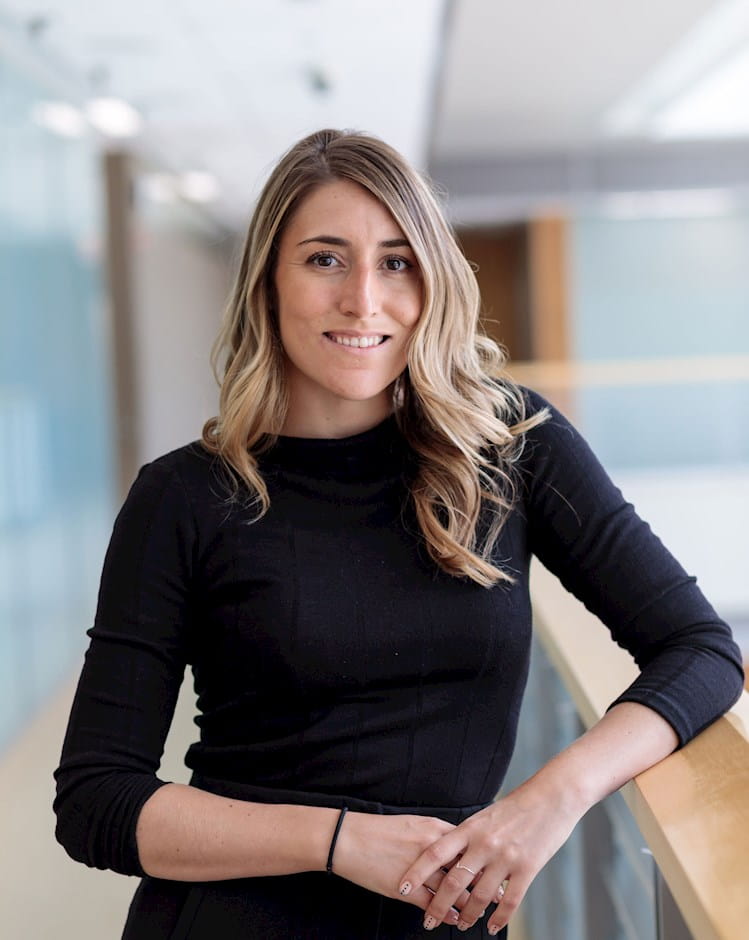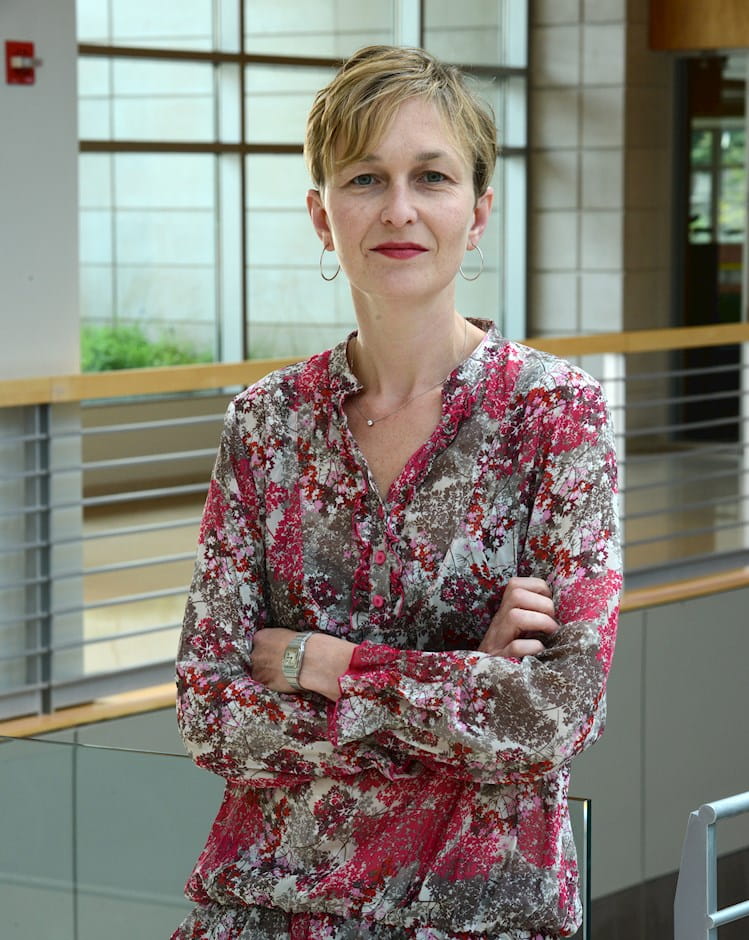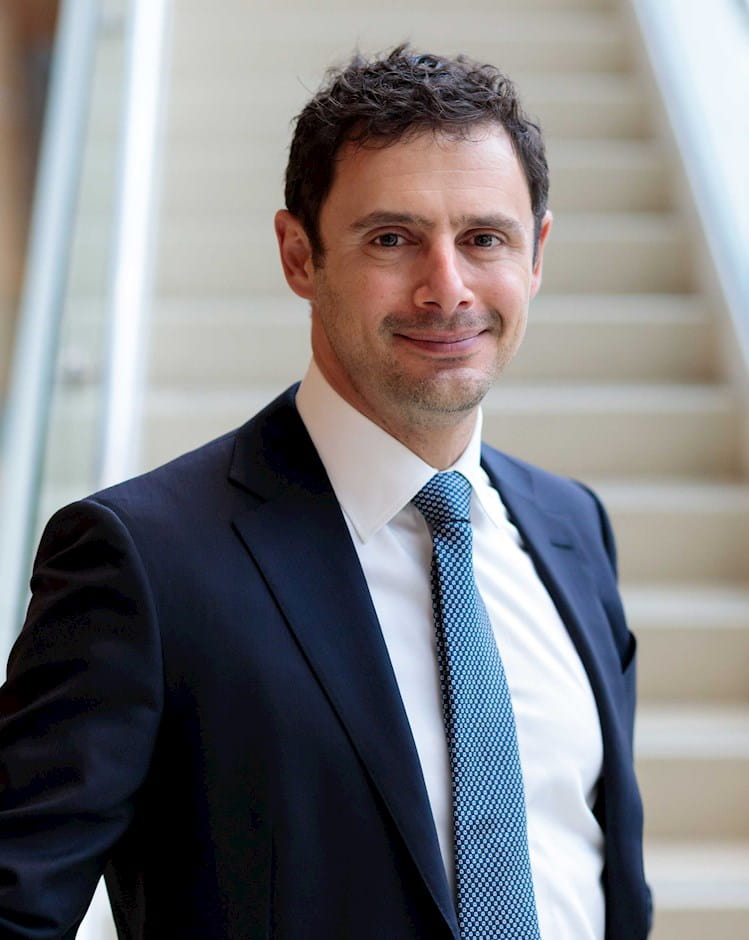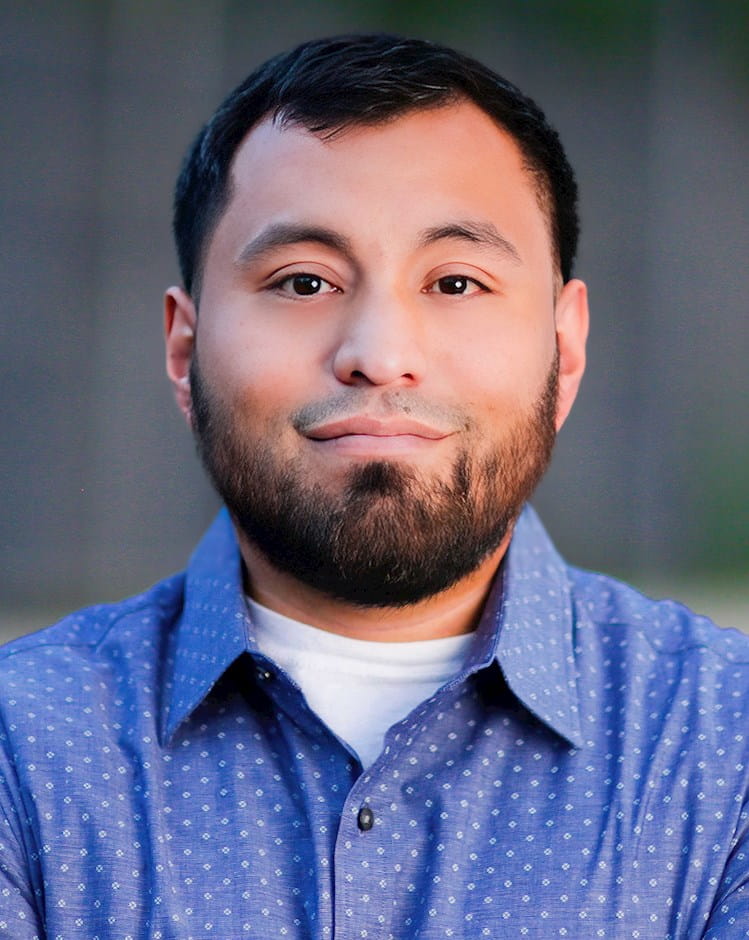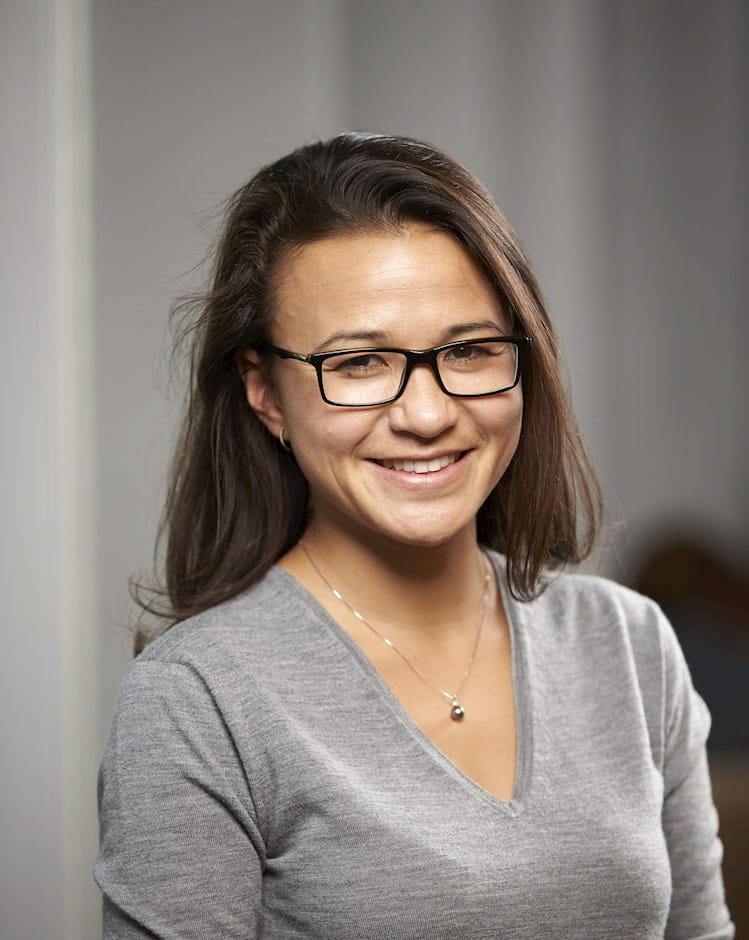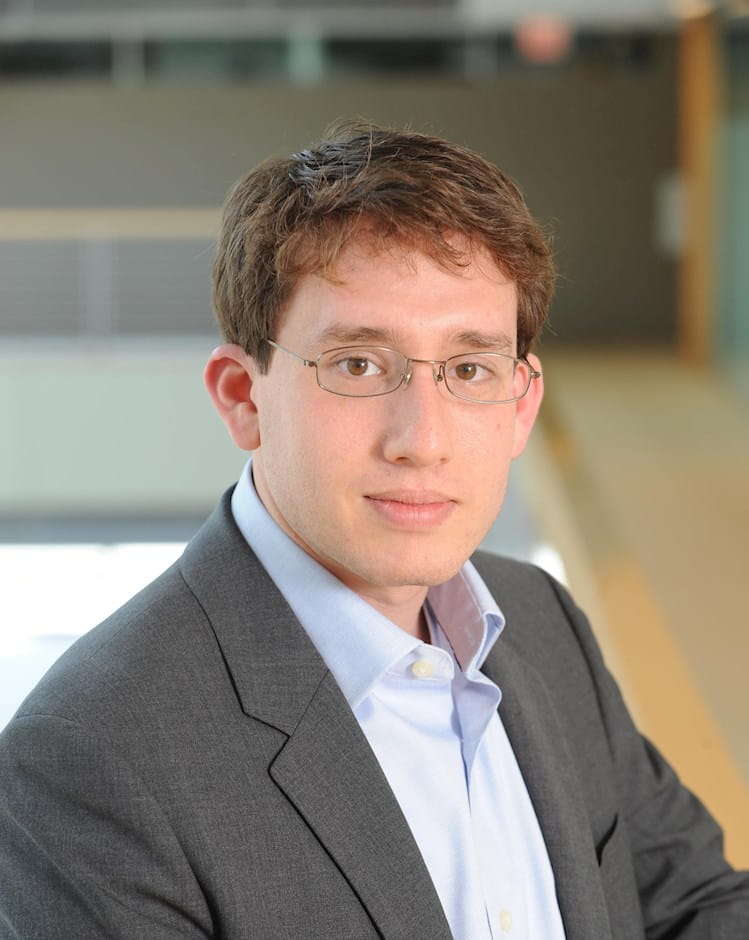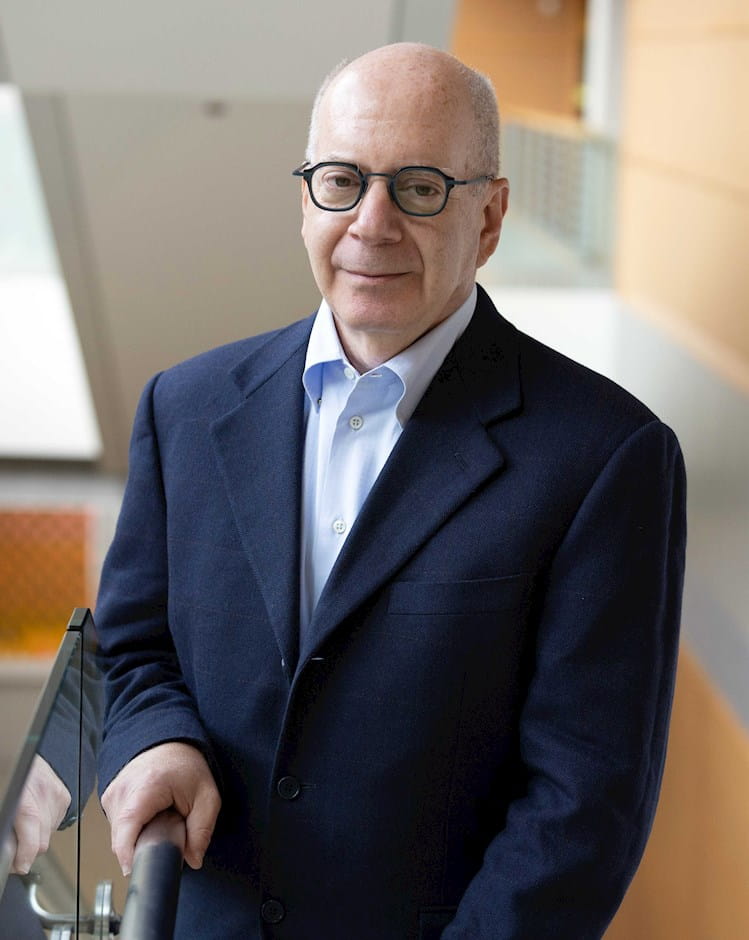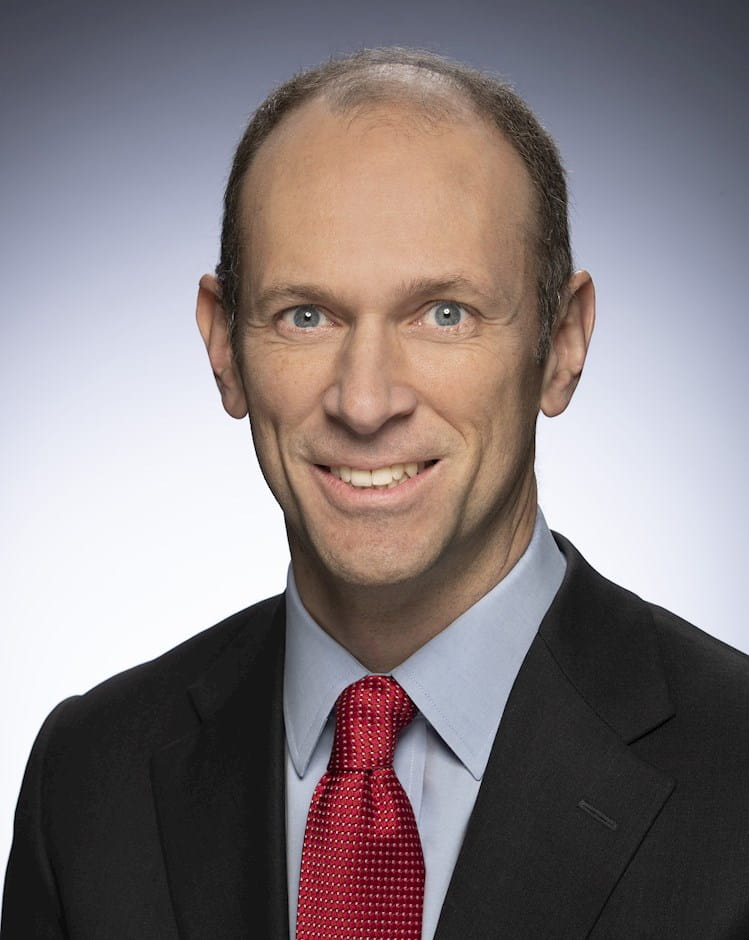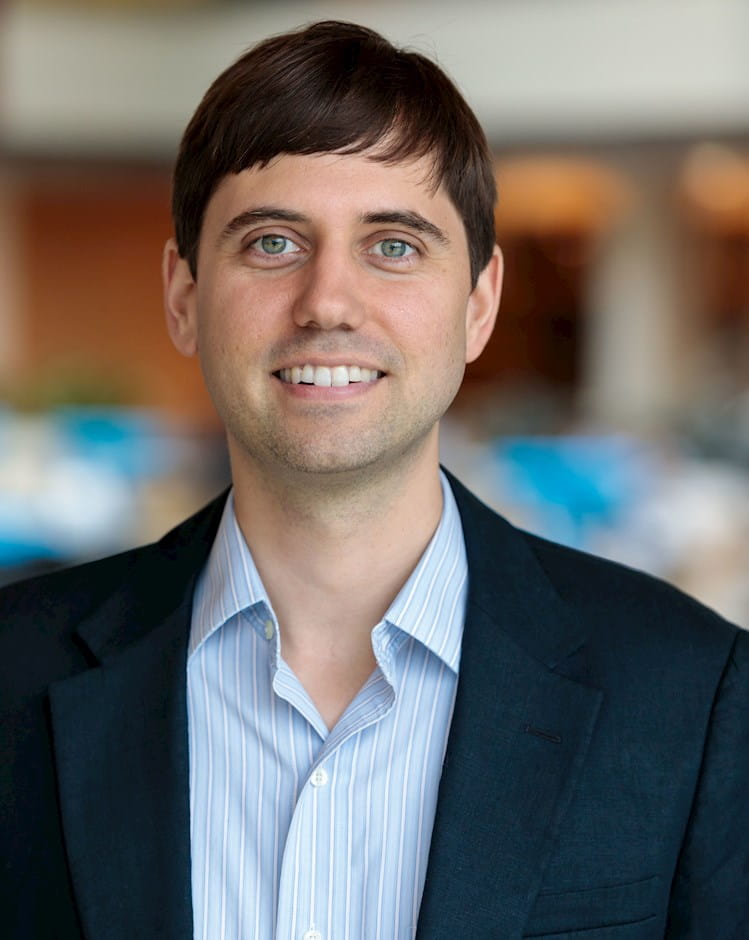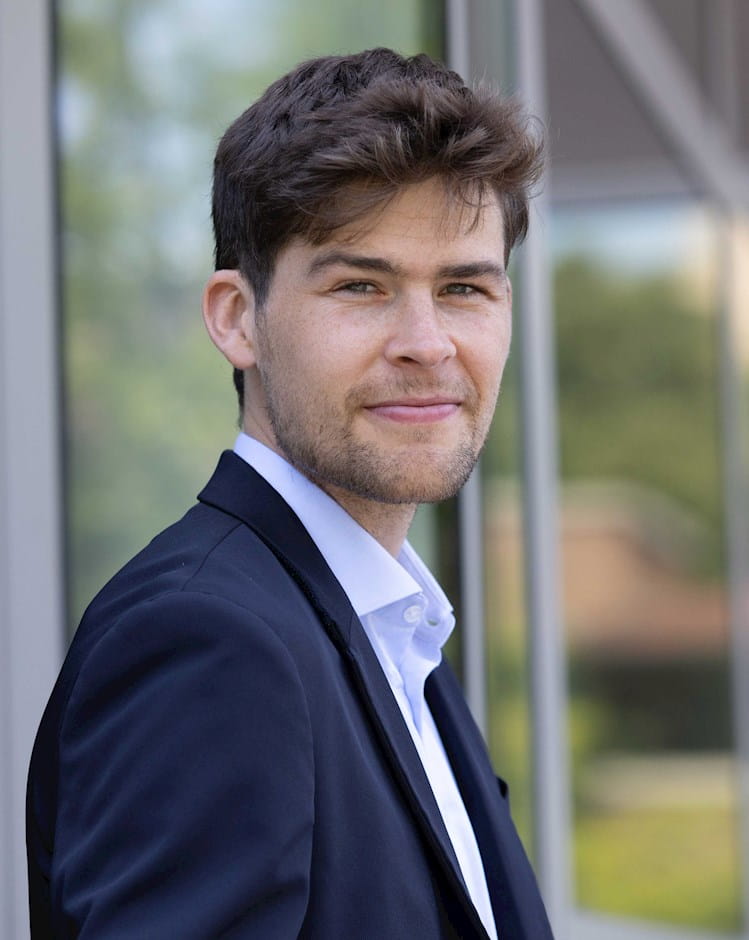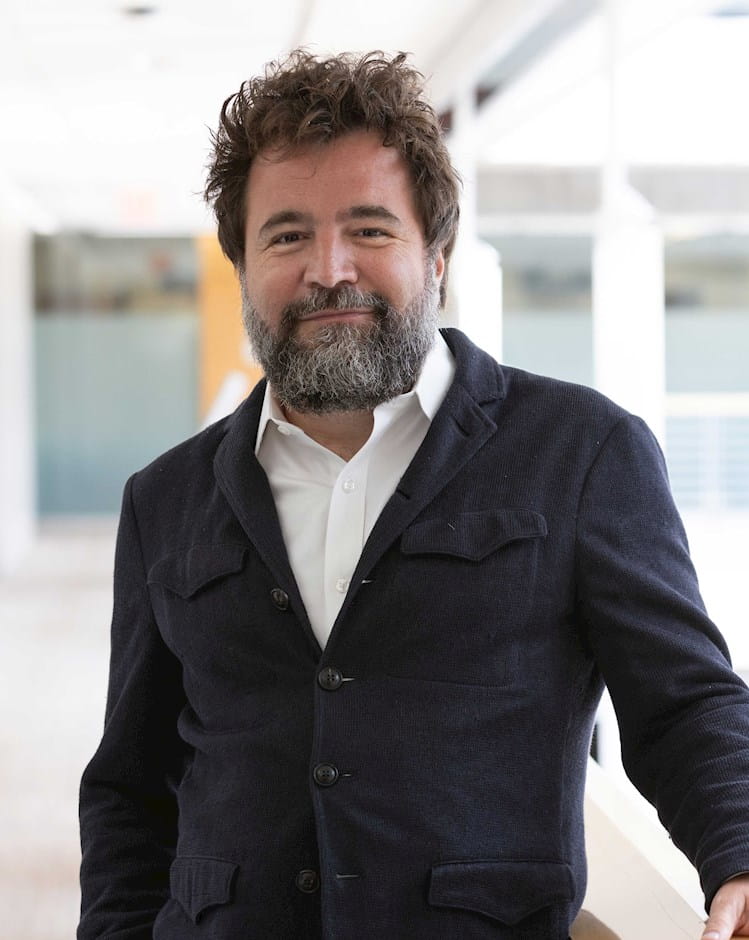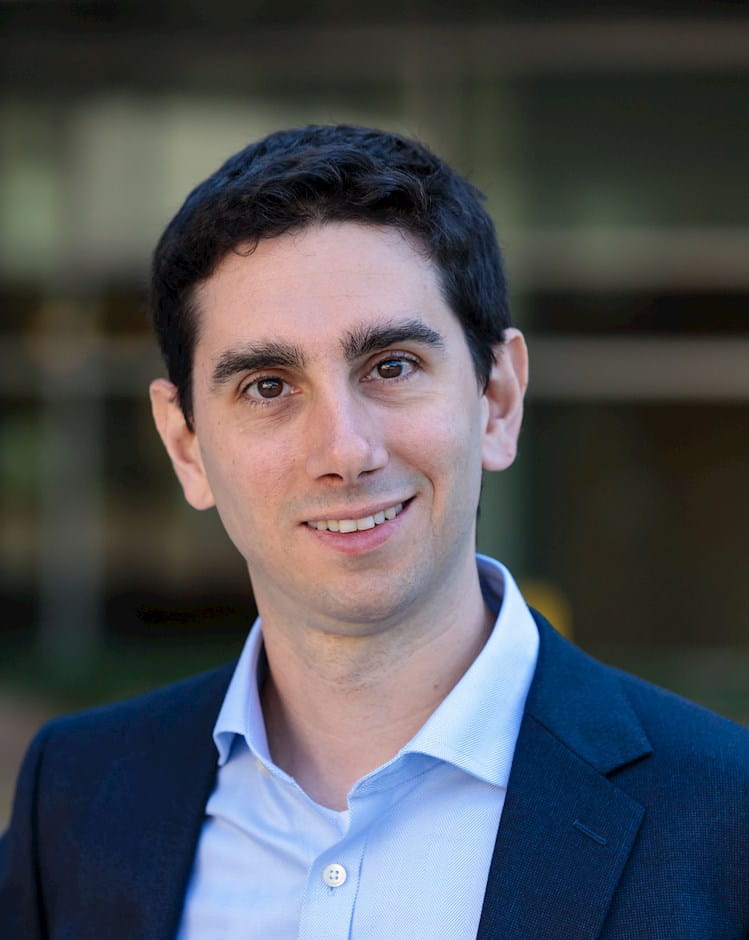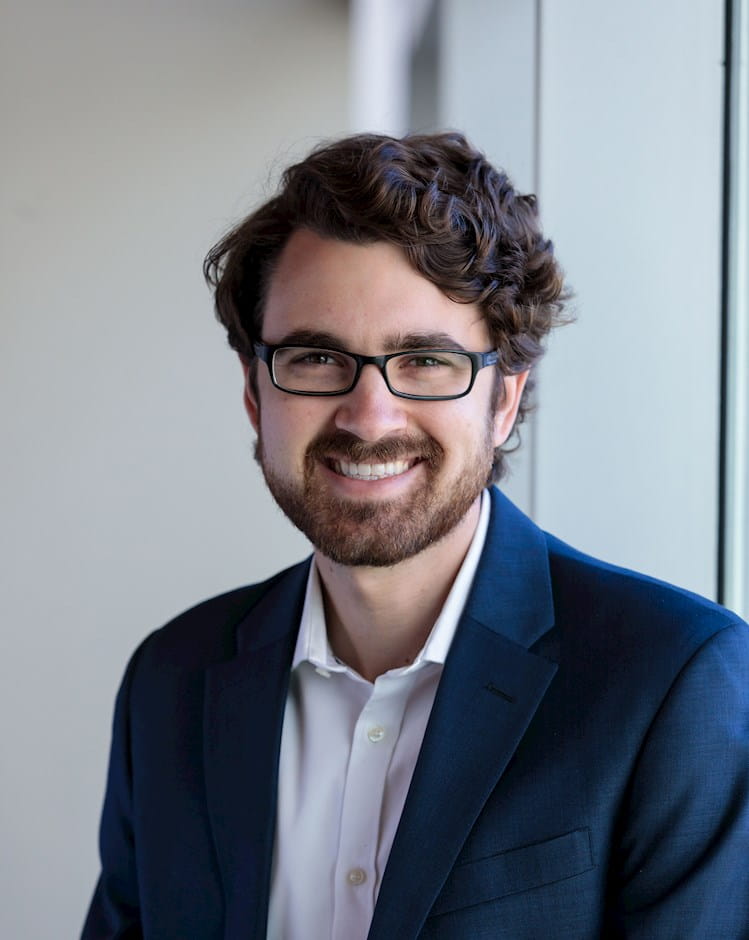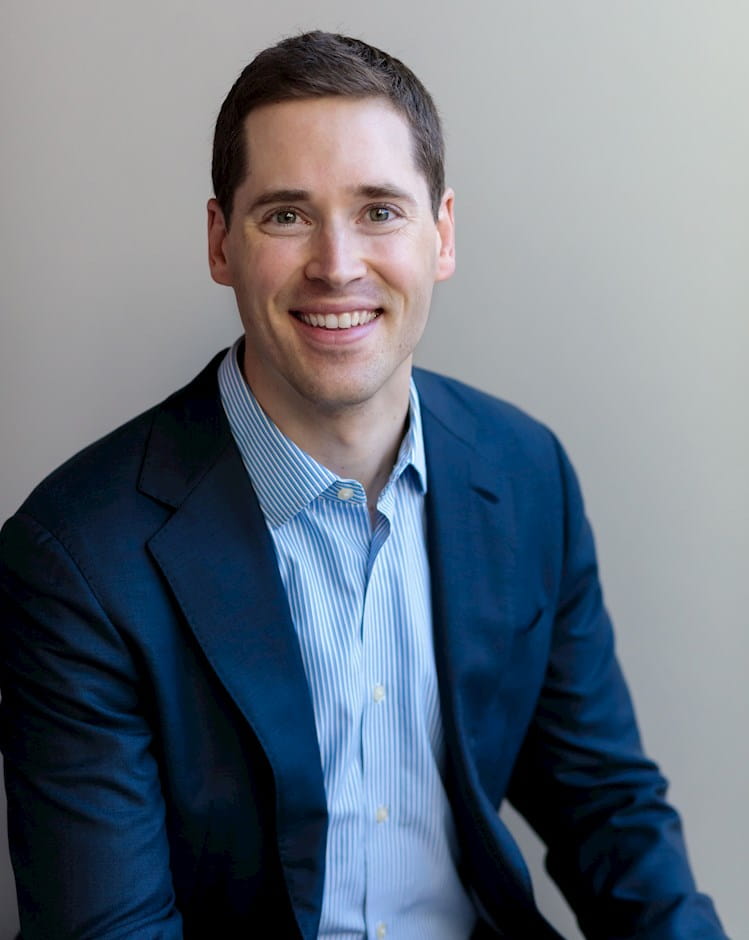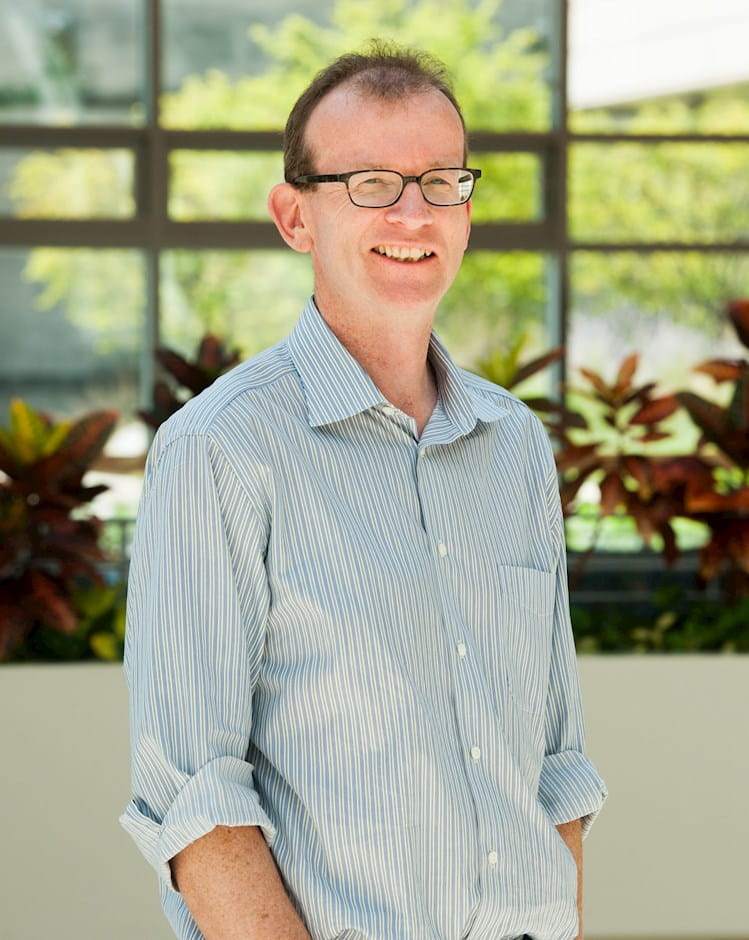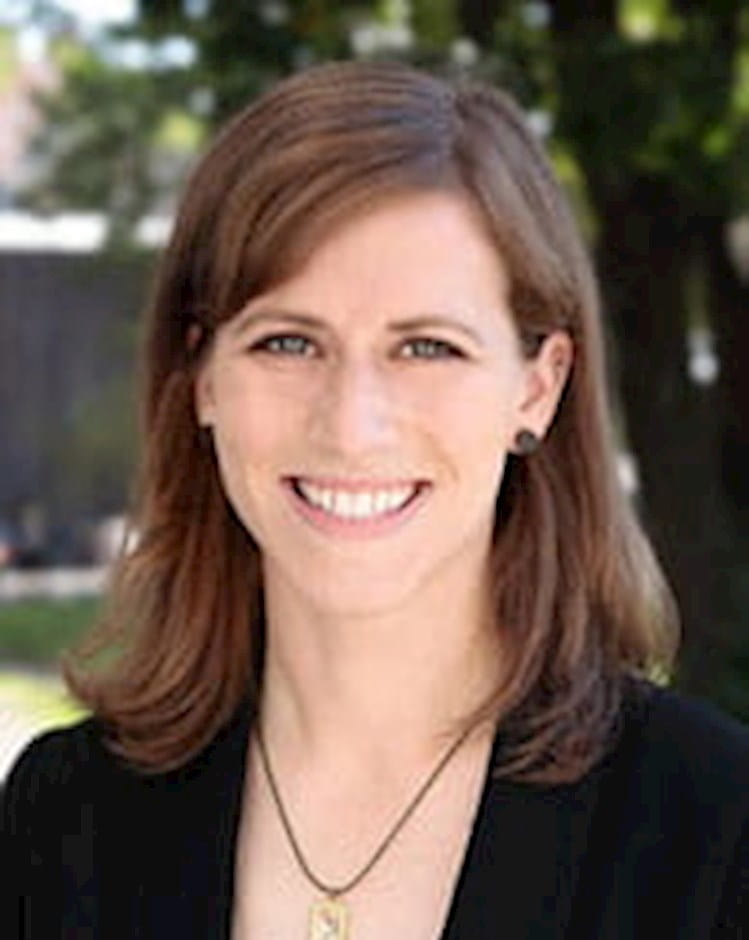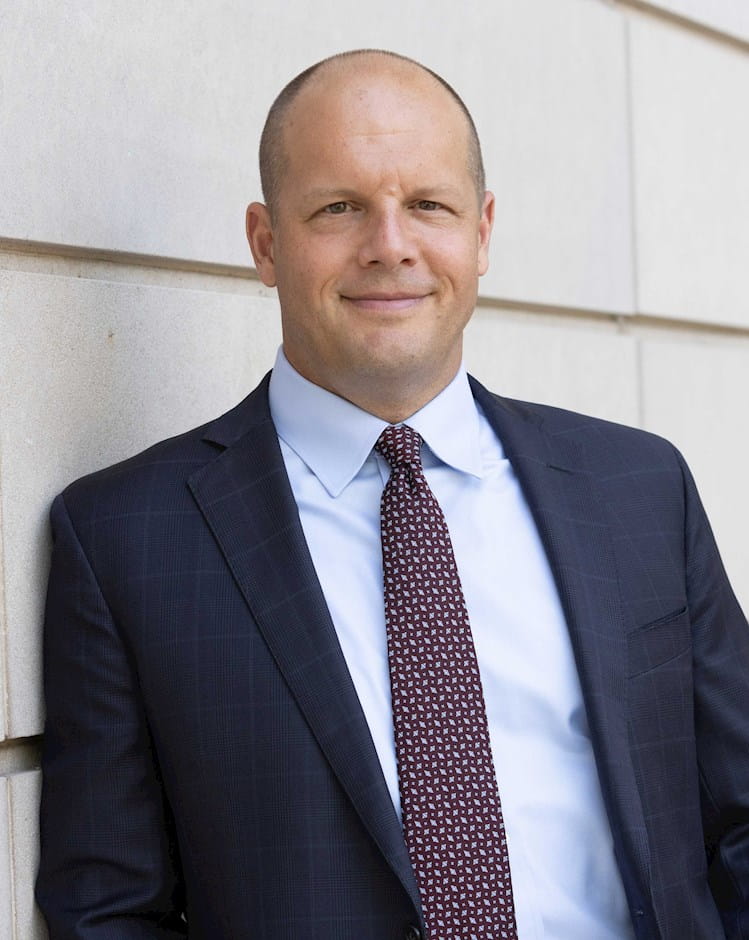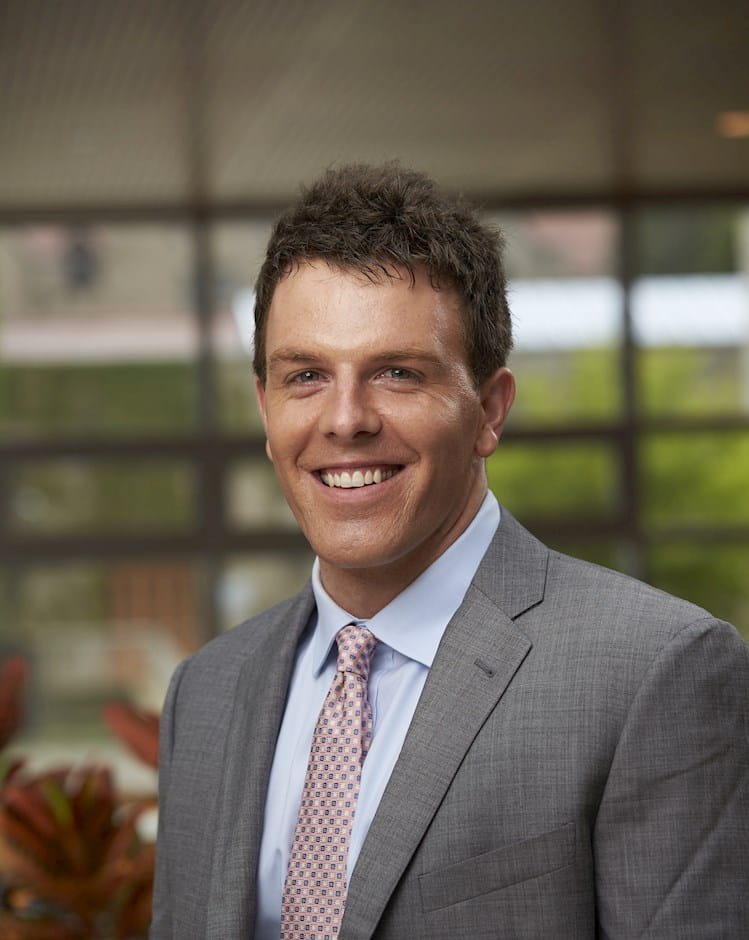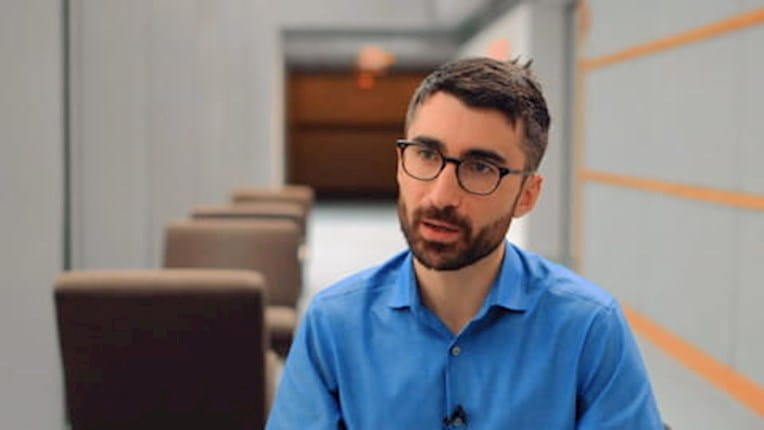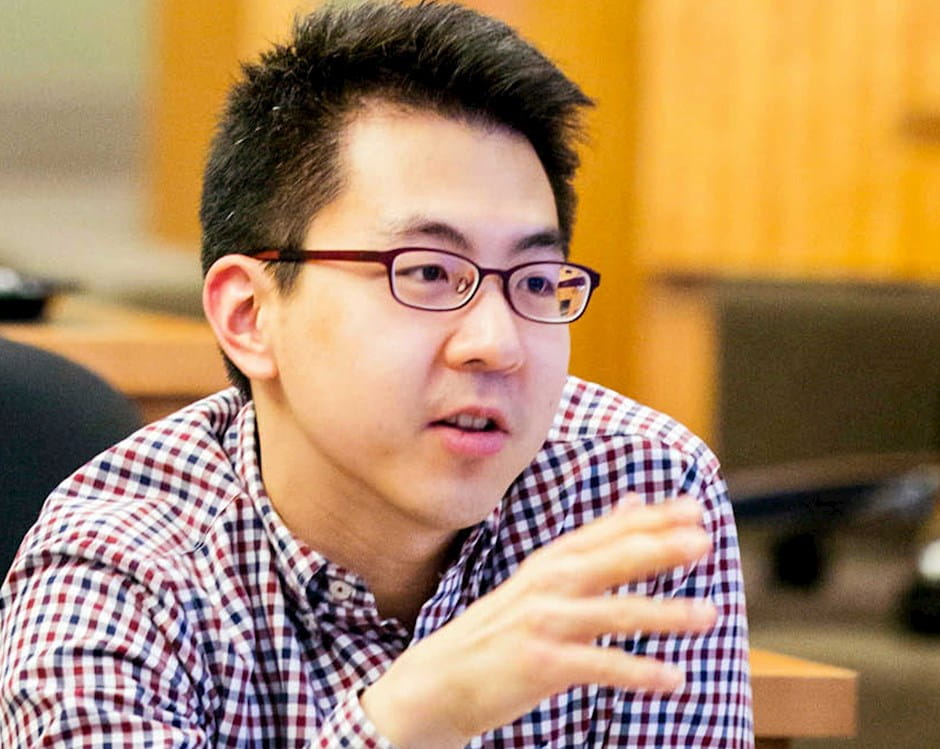
PhD in Economics

The Chicago School of Economics. It all started here at the University of Chicago.
Fields of specialization in the Economics Stevens Doctoral Program include price theory, market design, industrial organization, behavioral economics, development economics, labor economics, public economics, health economics, urban economics, and economic history.
Our Distinguished Economics Faculty
Chicago Booth faculty have been responsible for many of the pioneering economic concepts that inform today’s global businesses and policymaking. And they’ll be your teachers, mentors, and research collaborators. For our macroeconomics faculty, visit the Booth faculty directory and select “Macro/International Business” under “Academic Area.”
Alumni Success
Alumni have written dissertations in industrial organization, labor economics, microeconomics, and other related areas. Upon graduation, they go onto Career Outcomes in academics, government, and industry.
A Network of Support
Doctoral students at Booth have access to the resources of several high-powered research centers that offer funding for student work, host workshops and conferences, and foster a strong research community.
Becker Friedman Institute for Economics
Bringing together researchers from the entire Chicago economics community, the Becker Friedman Institute fosters novel insights on the world’s most difficult economic problems.
George J. Stigler Center for the Study of the Economy and the State
Dedicated to examining issues at the intersection of politics and the economy, the Stigler Center supports research by Doctoral students and others who are interested in the political, economic, and cultural obstacles to better working markets.
Rustandy Center for Social Sector Innovation
Committed to making the world more equitable and sustainable, the Rustandy Center works to solve complex social and environmental problems. The center’s student support includes fellowships, research funding, and networking opportunities.
Fama-Miller Center for Research in Finance
Tasked with pushing the boundaries of research in finance, the Fama-Miller Center provides institutional structure and support for researchers in the field.
Center for Research in Security Prices
CRSP maintains one of the world’s largest and most comprehensive stock market databases. Since 1963, it has been a valued resource for businesses, government, and scholars.
The Kent A. Clark Center for Global Markets
Enhancing the understanding of business and financial market globalization, the Clark Center for Global Markets positions Chicago Booth as a thought leader in the understanding of ever-changing markets and improves financial and economic decision-making around the world.
Scholarly Publications
Chicago Booth is home to some of the most prestigious academic journals in economics.
The Journal of Labor Economics presents international research on the relationship between labor and the economy.
The Journal of Law and Economics has published some of the most influential and widely cited articles on a broad range of economic topics.
The Journal of Political Economy, one of the oldest economics journals in the world, focuses on the relationship between government and the economy.
Spotlight on Research
Our faculty and PhD students continually produce high-level research. The Chicago Booth Review frequently highlights their contributions in economics.
Inside the Booth PhD Experience
Nick Tsivanidis, PhD ’18, talks about the culture of interdisciplinary study he found at Booth.
Current Economics Students
From the effects of government regulation on economies to the impact of urban transit infrastructures, our PhD students examine a wide range of economic issues. When they graduate, they go on to positions at some of the top universities and companies in the world.
Meghna Baskar
Hannah Case
Aaron Chen
Emily Crawford
Ella Edmonds
Camille Fredrickson
Owen Graham-O'Regan
Tyler Jacobson
Nidhaanjit Jain
Muqi (Bill) Lai
Benjamin Lualdi
Jerry Ma
Sean McMahon
Milad Mozafari-Vanani
Jeffrey Ohl
Paulo Henrique de Alcantara Ramos
Gabriele Romano
Haoyue (Ariana) Tang
Jorge Tello Garza
Julia Wu
Zizhe Xia
Emily (Emma) Zhang
Michelle Zheng
Program Expectations and Requirements
The Stevens Doctoral Program at Chicago Booth is a full-time program. Students generally complete the majority of coursework and examination requirements within the first two years of studies and begin work on their dissertation during the third year.
For details, see General Examination Requirements by Area in the Stevens Program Guidebook below.
